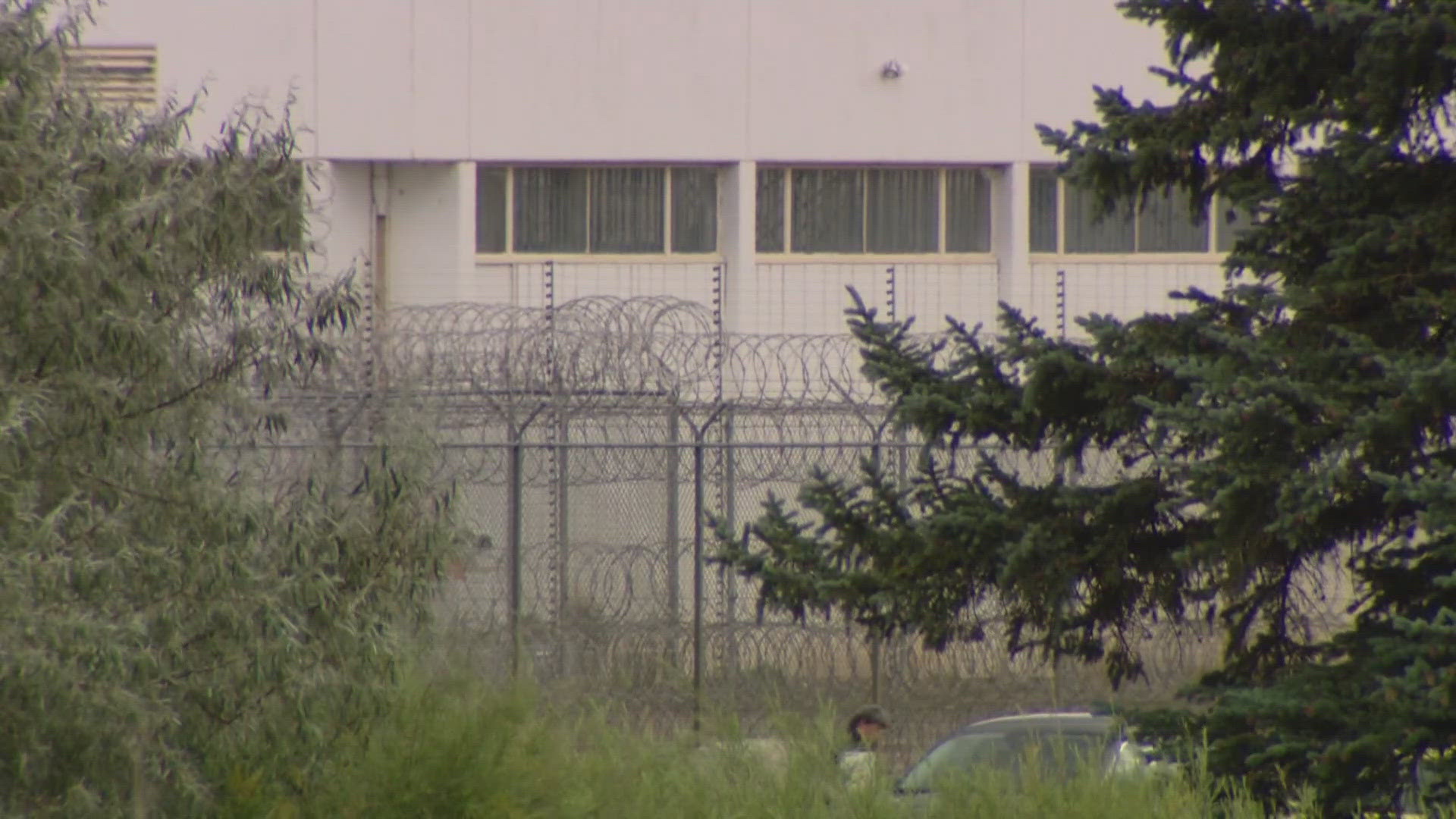DENVER — Earlier this year Republican lawmakers tried to pass a bill that would make people convicted of violent crimes stay in prison longer. They wanted some to serve more of their prison sentence before becoming eligible for parole. The idea failed, and now it will be on the ballot in November.
Initiative 112 would require someone convicted of certain violent crimes, such as murder, sexual assault and kidnapping, to serve at least 85% of their sentence in prison before they're eligible for parole or to receive earned time.
Under current law, a person convicted of certain violent crimes must serve 75% of their sentence before being eligible for parole. They could be eligible for parole earlier because of "earned time" or good behavior.
According to the measure, a person convicted of a third violent crime must serve their full sentence.
"I think people are really shocked and appalled when they understand that because of earned time, good time, the parole board, these violent criminals are getting out at less than half of their sentence," said Michael Fields, president of Advance Colorado, a conservative advocacy group. "There's many stories about people getting out early, reoffending the victims out there."
Whether or not this would deter crime is up for debate.
"We have seen through American history that increasing penalties on crimes does not deter crime," said Kyle Giddings, Civic Engagement Coordinator with the Colorado Criminal Justice Reform Coalition. "This ballot measure just eliminates a tool that DOC has to help individuals get back on their feet and get back to their families."
Longer sentences mean more people in prison and more spending from the state. Analysts at the state capitol estimated this could increase costs by up to $28 million per year.
"I think it's definitely worth that money to keep violent criminals in jail longer than they're getting out right now at an average of 46 percent of their sentence," Fields said.
The idea failed in the state legislature when Republican lawmakers introduced it earlier this year. Now it's up to voters.
This measure would impact people convicted of crimes committed on or after July 2025. Colorado wouldn't see the impacts of this until the mid-2040s because people convicted of these crimes usually serve more than 20 years in prison.

